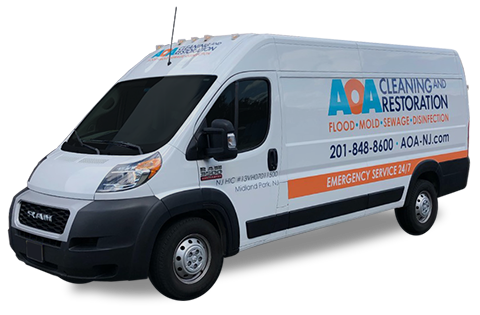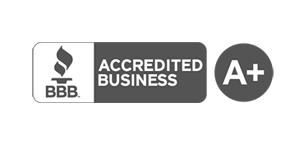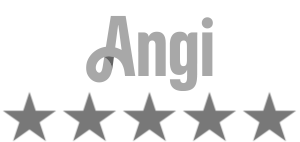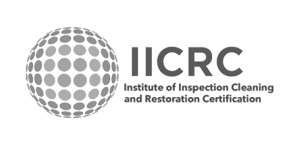When faced with a sewer backup in your home, you might find yourself wondering about the safety implications of staying in such an environment. Is it really safe to continue living in a house with sewer backup? Let’s explore the potential health risks and safety concerns associated with this situation, and what steps you can take to ensure your well-being.
Key Takeaways:
- Sewer backup can pose significant health risks due to exposure to contaminated water containing harmful bacteria and viruses.
- Exposure to sewage can lead to gastrointestinal illnesses, skin infections, respiratory issues, and increased risk of contracting diseases such as hepatitis and E. coli.
- The presence of sewer backup can cause structural damage to your house, compromising its integrity and increasing the risk of electrical hazards.
- Immediate steps to take during a sewer backup include prioritizing personal safety, contacting professional plumbers, and following emergency protocols.
- Engaging professional cleanup services is crucial for thorough cleaning, disinfection, and prevention of mold growth.
Understanding the Risks of Sewer Backup
Sewer backup exposes individuals to various health risks. The contaminated water can contain harmful bacteria, viruses, and parasites, leading to gastrointestinal illnesses, skin infections, respiratory issues, and other potential infections. Exposure to sewage can also increase the risk of contracting diseases such as hepatitis, E. coli, and mold-related illnesses.
Sewer backup can cause significant structural damage to a house, compromising its integrity. The water pressure from the backup can weaken foundations, walls, and floors, leading to potential collapse. Additionally, electrical systems may be affected, increasing the risk of electrical shocks and fires. The presence of sewage in the living environment also poses slipping and falling hazards.
Immediate Steps to Take During a Sewer Backup
Prioritize personal safety during a sewer backup by wearing appropriate protective gear such as gloves, masks, and boots. It is essential to minimize direct contact with the sewage to avoid potential health risks and contamination. Protective gear acts as a barrier between the individual and the hazardous substances present in the backup, mitigating the chances of exposure to harmful bacteria and contaminants.
If the situation becomes severe or poses imminent risks, consider evacuating the premises. Protecting your personal safety and the safety of others should be the top priority in such scenarios. Follow emergency protocols and guidelines provided by local authorities to ensure everyone’s well-being and minimize potential hazards during the evacuation process.
Contact a professional plumber experienced in handling sewer backups as soon as possible. They have the expertise and equipment necessary to assess the situation, identify the cause of the backup, and provide the appropriate solutions. Trusting the expertise of a professional plumber is crucial in mitigating the risks associated with sewer backups and ensuring the restoration of the sewage system’s functionality.
Professional drain cleaning is an essential step to remove any clogs or blockages that may be contributing to the sewer backup. A plumber can use specialized tools and techniques to clear the drains and restore the proper flow of wastewater. Additionally, they can perform any necessary plumbing repairs to address the underlying issues that caused the backup and prevent future occurrences.
Section 3 | Immediate Steps to Take During a Sewer Backup:
– Prioritize personal safety by wearing protective gear
– Consider evacuating the premises if necessary
– Contact a professional plumber experienced in handling sewer backups
– Professional drain cleaning and necessary plumbing repairs
The Importance of Professional Cleanup Services
Engaging professional cleanup services is essential for thorough cleaning and disinfection after a sewer backup. Professionals have access to specialized equipment and cleaning agents to effectively eliminate bacteria, viruses, and other contaminants, ensuring a safe and hygienic living environment.
Sewer backup can create favorable conditions for mold growth due to increased moisture levels. Professional cleanup services can address potential mold issues, implementing effective remediation strategies and providing recommendations for moisture control to prevent future mold growth.
Preventive Measures to Avoid Future Sewer Backups
Regular plumbing maintenance plays a crucial role in preventing future sewer backups. By scheduling routine inspections, homeowners can identify potential issues early on and ensure that pipes remain clean and free from debris. This proactive approach helps maintain the integrity and functionality of the sewer system, reducing the risk of backups.
Professional pipe cleaning is another preventive measure that can significantly contribute to the prevention of sewer backups. Over time, pipes can accumulate buildup and blockages that restrict the flow of wastewater. By utilizing professional pipe cleaning services, homeowners can effectively remove these obstructions and ensure optimal pipe performance.
Installing backwater valves or sewer check valves is an additional protective measure against sewer backups. These devices act as protection devices that allow wastewater to flow out of the property while preventing backflow from the main sewer line. By implementing these valves, homeowners can effectively minimize the risk of sewer backups and protect their properties from potential damage.
Conclusion
Staying in a house with sewer backup can pose significant health risks and safety concerns. The contaminated water from the backup may contain harmful bacteria, viruses, and parasites, which can lead to gastrointestinal illnesses, respiratory issues, and skin infections. Additionally, sewage exposure increases the risk of contracting diseases such as hepatitis and E. coli. It is crucial to prioritize personal safety and take immediate steps to mitigate the risks associated with sewer backup.
Contacting professional plumbers is essential for addressing sewer backup issues. These experts have the knowledge, experience, and equipment to assess the situation, perform drain cleaning, and conduct necessary plumbing repairs. Engaging professional cleanup services is equally important to ensure thorough cleaning, disinfection, and sanitization. Professionals utilize specialized equipment and cleaning agents to eliminate bacteria, viruses, and contaminants, creating a safe and hygienic living environment.
Prevention is key to avoiding future sewer backups and maintaining a safe living environment. Regular plumbing maintenance, including routine inspections and pipe cleaning, can help identify and address potential issues before they escalate. Installing backwater valves or sewer check valves provides an additional layer of protection by preventing the backflow of wastewater into the property. These preventive measures are crucial in minimizing the risk of sewer backups and protecting the health and safety of homeowners and residents.




















